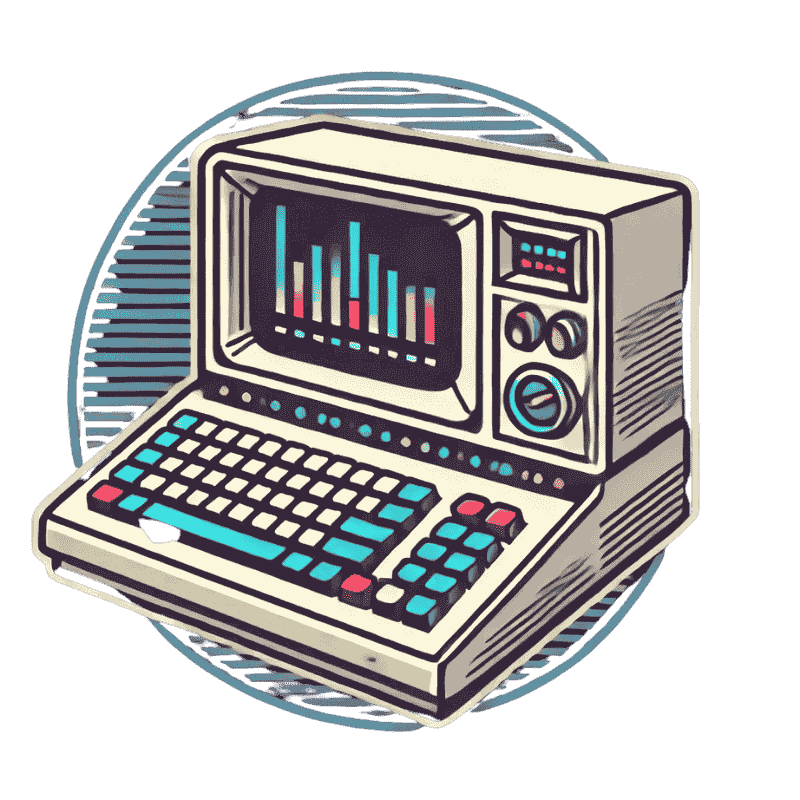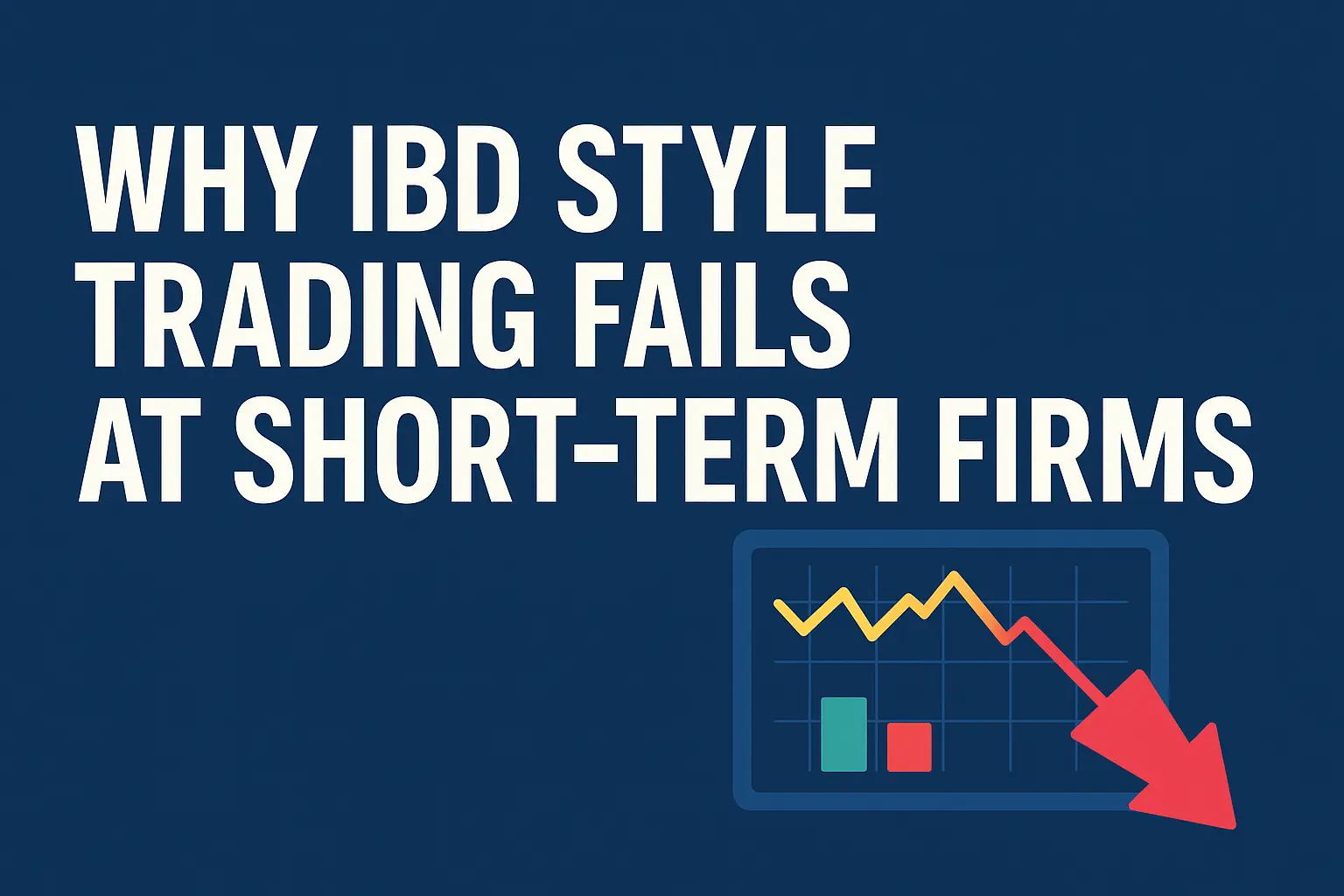A style of trading that does not work for short-term trading firms like SMB Capital, Kershner Trading Group, Avatar Securities, Greatpoint Capital, Chimera, and others alike is the IBD-style approach.
The reason is obvious, but many traders still make the mistake of trying to trade this style at professional firms, only to (hopefully) realize that it doesn’t align with how these firms operate.
The reason it doesn’t work comes down to a few key factors. Let’s list them out.
Mark-to-Market P&L
Your P&L is based on the prior day’s close. If you’re up $100K on a swing trade into the close, but the next day it pulls back 3% and you’re now down $30K (still up $70K), with a $25,000 daily loss limit you’ll be forced to sell that position as soon as you hit your limit.
I’ve seen this happen time and time again with IBD-style traders at the firm I worked for. As a result, they end up constantly being forced to sell on small pullbacks, rather than being able to sit tight which is what the style calls for.
Overnight Interest Costs
Overnight interest on leveraged money can become incredibly costly, since most firms are geared toward short-term trading. Liquidity providers like Goldman view you as higher risk if you’re holding massive overnight positions, because that isn’t technically your firm’s business model.
Monthly Payouts
Most firms pay once per month based on how much you’re up. Firms don’t love the idea of having longer-term swing traders and being forced to pay out on unrealized gains. It’s risky business.
Risk Manager Pressure
Your risk manager will tap you on the shoulder if you’re up a huge amount after going months without making money in this style of trading, saying: “Hey bro, lock some in.”
I’ve seen this happen countless times. These IBD-style traders get upset and fight them tooth and nail. It creates a very hostile environment.
Bottom Line
If your goal is to work at a short-term trading firm and trade a longer-term swing approach like the IBD style, it’s just not going to work. There’s no way around it.
Instead, trade your own capital, or find yourself at a fund with a much longer-term approach.

